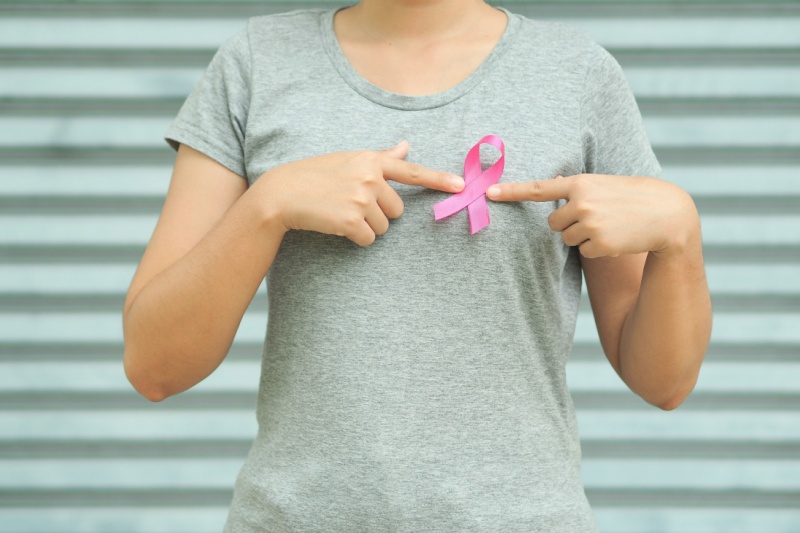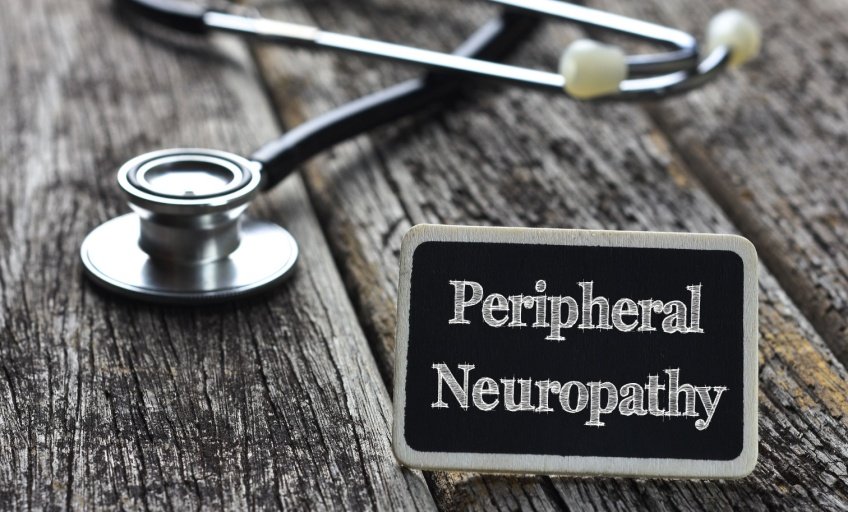After constant treatments, tests, and oncologist checkups, an individual’s time as a breast cancer patient is over! They are free to start post-cancer life, and their friends and family are thrilled. But they might be filled with uncertainty about how the rest of their life will be. Could this be the post-cancer stress you must have heard about?
इनके बारे में जानें:
Life after breast cancer
Chemotherapy used for treating स्तन कैंसर can have short-term side effects such as fatigue, nausea, hair loss, and sores, and long-term side effects such as menopause, infertility, bone-thinning, and heart weakening.
So, life after breast cancer can be difficult. You have to cope with the emotional strain of the diagnosis and the physical challenges of treatment, as well as the stresses of daily life.
Physical recovery and healing
- Give yourself time to recover. It can take time for your energy levels to return to normal, so don’t be too hard on yourself.
- You may also experience symptoms like loss of appetite, diarrhea, or difficulty sleeping.
- Drinking plenty of water can help flush out toxins.
- Stay involved in your health care. Keep your appointments, ask questions, and change your lifestyle.
Emotional and psychological well-being
After a breast cancer diagnosis, you may experience fear, shock, anger, sadness, and numbness. These emotions can change frequently, and it is normal to feel overwhelmed. Here are some ways to cope with the emotional and psychological challenges of breast cancer:
- Spend time with friends and family, and communicate with them. You can also consider seeking therapy.
- You can find support groups on social media or join local organizations.
- Use the skills you developed while fighting breast cancer to your advantage.
- Be patient. Remember that there is no right or wrong way to feel and that feelings can change over time.
Self-care tips for long-term health
Here are some self-care tips you can follow to support your life after breast cancer:
Healthy nutrition

A healthy diet can lower your risk of other diseases and may help with symptom management. Here are some nutrition tips:
- Eat more fruits, vegetables, whole grains, beans, and soy.
- Eat less animal-based protein.
- Avoid highly processed foods and refined grains.
- Limit foods with a high glycemic load, such as sugary drinks and treats.
- Limit caffeine and alcohol.
- If you are experiencing nausea or vomiting, eat several smaller meals throughout the day.
- Try protein shakes, yogurt, and liquid protein drinks instead of solid foods.
- Eat simple soups, such as chicken with vegetables and broth.
- Avoid spicy, crunchy, or acidic foods, which may increase mouth soreness.
Regular exercise and physical activity
Regular exercise can help with fatigue, strength and endurance, mood, pain, anxiety and depression, self-esteem, sense of well-being and lower the risk of breast cancer recurrence. Start slowly and increase the repetitions or weights while doing strength training exercises over time. An exercise physiologist or physiotherapist can prescribe a personalized regimen. Aim for at least 150 minutes of moderate-intensity physical activity per week or 75 minutes of vigorous activity. This should include resistance training and stretching at least twice a week.
Stress management techniques
There are many techniques to help manage stress after breast cancer:
- Meditation, yoga, deep breathing, and other relaxation exercises
- Shift your perspective from the negative to the positive. Focus on what you can do and align your energy in that direction instead of what is unachievable.
- Being with others can help you. You can take classes or volunteer in groups.
- Journaling can help you express your feelings.
- Focusing on the positive aspects of your life and expressing gratitude can help shift your perspective.
Adequate sleep and rest
A vast majority of breast cancer survivors report sleep problems, such as poor sleep quality or not getting enough sleep, and this can last for a while after treatment ends. Treatments like surgery, chemotherapy, hormonal therapy, and targeted therapy can play a role in sleepless nights. Getting enough sleep and rest is important for a faster recovery.
Thriving after breast cancer

Here are some ways you can follow to thrive in your life after breast cancer:
Set goals
When setting goals to thrive after breast cancer, you can consider:
- Set small goals for yourself and celebrate your achievements.
- Learn to set goals which increase the likelihood of successful behavior change. Examples include increasing muscle mass, decreasing fat, improving range of motion, strengthening the back, and opening the chest.
- Set short-term achievable goals, as this can give you the courage to take action.
Celebrate achievements
Celebrating achievements is a key part of thriving after breast cancer:
- Acknowledge milestones. Celebrate every step forward, no matter how small, such as completing treatment, reaching a goal, or getting through a difficult day.
- Find activities that bring you joy, such as spending time with friends and family, pursuing hobbies, or contributing to causes you care about, and reward yourself every step of the way as you execute them. Celebrate your small wins.
Living a fulfilling life
Enhancing your quality of life is all about engaging in activities and relationships that bring joy, satisfaction, and a sense of purpose. This could involve pursuing hobbies, spending time with family and friends, or contributing to causes that matter to you. Discover activities that make you feel good, like hanging out with pets, writing poetry, or even fishing.
Life after breast cancer can be challenging, but with the right support, survivors can find a sense of purpose and lead fulfilling lives.
Stay tuned to the Activ Living Community. Keep up to date with the latest health tips and trends through expert videos, podcasts, articles, and much more on पोषण, फिटनेस, सचेतन, और लाइफस्टाइल से जुड़ी बीमारियां like Asthma, Blood Pressure, Cholesterol, and Diabetes. Activ Living ke saath sahi sehat ki shuruat ABHI karo.
You may also be interested in the following blogs:
- A Comprehensive Guide To The 4 Types Of Cancer Screening Tests
- What Are The Early Breast Cancer Warning Signs That Can Help You Detect It At An Early Stage?
Popular Searches
How to lower blood pressure | Fruits good for liver | Unhealthy foods | रागी के लाभ | बेसल मेटाबोलिक रेट | हाई ब्लड प्रेशर के लिए एक्यूप्रेशर पॉइंट्स | Ayurvedic medicine for blood pressure | How to control cholesterol at home | Homeopathy for Asthma | Biological Age | Home remedies for TB | Natural beta blockers | Negative effects of internet | Types of walking | ब्लड प्रेशर कैलकुलेटर | ब्लड शुगर कैलकुलेटर | BMI कैलकुलेटर





 1800-270-7000
1800-270-7000








